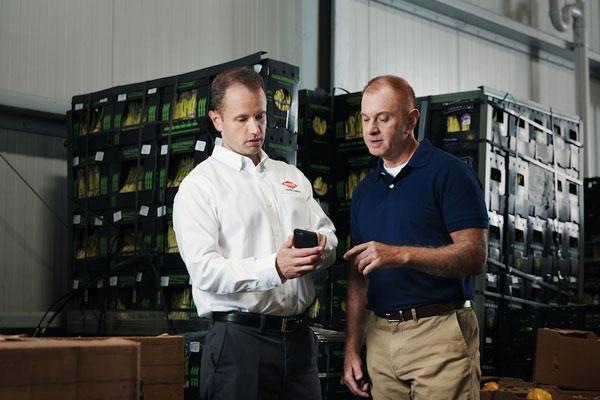Pest Control Pitfalls: Blended and In-House Programs
No plant or operations manager wants to find pests in the warehouse portion of their operation. The notion that there’s reduced pest pressure because the product is safely packaged may lead some to take a DIY approach, like applying widely available commercial products to spray pest problems away. But it’s likely those DIY products that might work in your kitchen won’t hold up to your business’s pest problems. Because of the strict regulations and requirements for pest control in your industry, a proactive pest control plan for your facility should be created and managed by a professional partner with extensive history in the logistics industry — like Orkin.
Logistics and warehousing facilities across the U.S. turn to International Warehouse Logistics Association (IWLA) for continuing education, guidance with new regulations and best practices to become more efficient with their pest control programs. At the 2018 IWLA Convention & Expo, Orkin joined a panel of food safety experts to discuss the risks of in-house or blended pest control programs, the importance of outsourcing and how to improve your current pest control program.
Here are a few key insights from the panel to consider when evaluating the effectiveness of your existing program:
Risks of In-House and Blended Pest Control Programs
In-house pest control typically focuses on checking traps and devices, but that’s not enough to thwart stubborn pests. A blended approach to pest management can also be risky because of the lack of role clarity and responsibility for the overall program.
Partner With the Pros at Orkin
Partnering with an expert whose sole concern is protecting your facility, storage and goods from pests is beneficial in the long run. Orkin regularly performs detailed inspections at customer facilities, focusing on the key areas where pest activity is likely to begin. We have the training and expertise to identify and treat pest issues, often before they would become detectable to your in-house team.
Be Proactive
Facilities should implement a comprehensive Integrated Pest Management (IPM) program that proactively addresses potential pest problems and incorporates regular sanitation and maintenance techniques. As part of your IPM program, Orkin will help you create a plan for inspecting and monitoring areas prone to pest activity.
Set Thresholds
The best way to mitigate pest risks is by establishing processes and setting thresholds. Predetermined thresholds that prioritize certain situations enable Orkin to create a plan for every level — from signs of pest activity to a more serious situation.
Stay Audit-Ready
Many logistics companies require third-party audits, which keep your facilities up to date with the various laws governing transportation and changing industry standards. This process requires proper documentation that demonstrates an effective pest management program is in place. Orkin provides audit-ready documentation at every step of your treatment program, so you’re never caught by surprise.
Although an in-house or blended approach might seem ideal, working with a pest management professional like Orkin is the best way to develop an effective, ongoing IPM plan that is customized for your facility. Want to know if outsourcing is the right choice for you? Read our blog on outsourcing to determine if you’re getting the most value out of your current pest control program.
